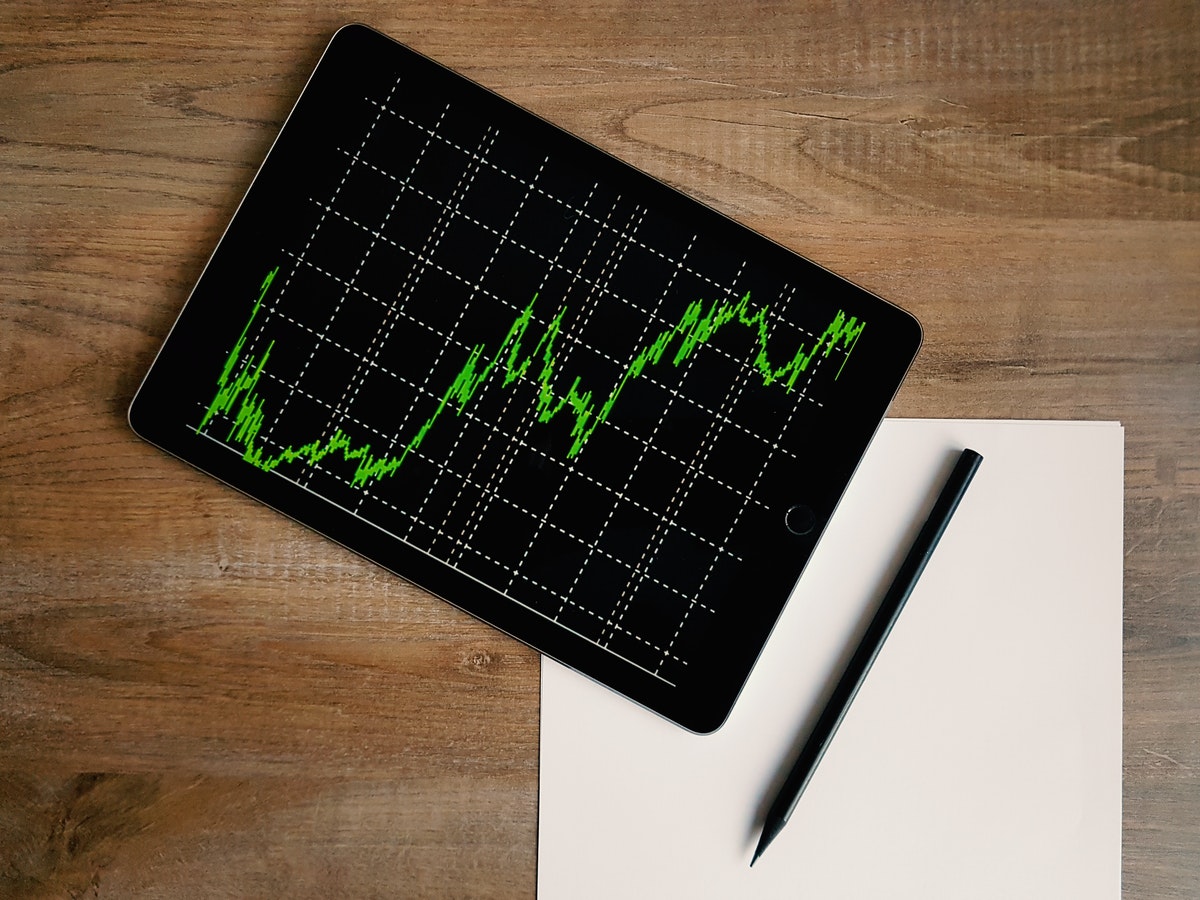Forex trading is a process wherein foreign currencies are traded in the hopes of gaining profit from the fluctuations in the exchange rate between two currencies. The majority of traders in the forex market are banks that exchange currencies with other banks on a daily basis. These banks are called institutional traders. Individuals are also allowed, but they first have to create a trading account with a broker before they can access the forex market and participate in trading. They also have to understand the basics of currency pairs and ways to trade them if they want to maximize their earning potential in the forex market.
Trading in Islam
Muslims comprise one-quarter of the entire world’s population. With developments in online trading continuing to rise in popularity, many have come to wonder whether Muslims are allowed to participate in trading and whether forex trading is considered halal or haram in Islam. The answer to whether it is halal or haram is complex — it can either be a yes or a no depending on the individual’s reason for trading and the means used in doing business in the forex market.
When is Forex Trading Halal?
Muslims are allowed to trade as long as they follow the Shari’ah law or Islamic law on trading. They should follow the regulations on Islamic finance or the practice and theory of doing business under the Islamic principles. Forex trading in Islam is considered halal under the following conditions:
- Riba or the payment and receipt of interest rates is prohibited.
- The trader does not participate in gambling activities.
- The exchanges do not go against the tenets of Islam.
- Risks and benefits should be evenly distributed.
The principles of Islam do not always conform with the traditions of Western banking and trading, but the Western traders have found a way to show respect to the principles of Islamic finance. For this, they have allowed Muslims to create their own specific trading accounts. A Muslim who wants to participate in forex trading should open his or her own Islamic account before he or she is allowed to trade. With this type of account, any Muslim can now trade with others and gain profits from the activity.
When is Forex Trading Haram?

The laws in Islamic finance clearly states the various conditions that can make any type of trade haram. Any type of trading can be considered haram in Islam if it is done under the following conditions:
- Interest rates are being charged to the buyer.
- Buying or selling of assets owned by another person
- There is an excessive risk or gharar.
Normally, forex trading is considered haram in Islam because it is a form of gambling. Gambling in any form is considered haram in Islam.
How Can Muslims Participate in Forex Trading Without Being Considered Haram?
The conditions behind the participation of Muslims in forex trading are complex. Any Muslim individual who wants to participate and gain profit from forex trading should make sure that he or she is doing clean business and not just gambling outright. As a forex trader, the individual should have a valid reason to either buy or sell.
Buying or selling in the forex trading industry should always be considered as a business undertaking in an effort to gain an income and have a source of living. The individual should also not consider forex trading as a game but as a job, wherein he or she can earn to get by every single day. Additionally, the individual should have a SWAP free account and must avoid swapping accounts at all times.
As there is a thin line between gambling and trading, every Muslim individual who wishes to join in forex trading should only trade when they feel that they are likely to make a profit with every action they take. Their actions in the trading platform, whether they are buying or selling, should always be based on their careful analysis. They should always have a trading plan and must trade only with the proper amount. Risking everything in an effort to double the gains can already be considered gambling.
Additionally, the individual must know when to trade and when to stop. Compulsive trading is considered in Islam as a sign of addiction, which in turn can be considered gambling. Any Muslim individual who participates in trading should also be disciplined enough, have focus, have developed a trading strategy, and must have a broker that offers accounts to Muslims.
Islamic forex trading is quite complex to the ordinary person. So, if you are a Muslim and want to participate in forex trading, you should understand every aspect of trading under Islamic law first before making any trading activity.

